Can Cats Eat Graham Crackers? A Sweet Snack or a Risky Treat for Your Feline Friend?
- 2 Apr 2025 16:39
Graham crackers are a popular snack enjoyed by many people, often paired with marshmallows and chocolate for the classic s’mores treat. 🍫 But if you're wondering can cats eat graham crackers, it's important to understand that while they might not be toxic to cats, they aren’t an ideal choice for their diet. Let’s explore whether graham crackers are safe for your cat and what to keep in mind if you decide to share them.

Can Cats Eat Graham Crackers? The Short Answer
While graham crackers aren’t toxic to cats, they should not be a regular part of your cat’s diet. Cats are obligate carnivores, meaning their digestive systems are designed to process animal proteins, not carbohydrates or sugary snacks. Graham crackers are made with ingredients that don’t offer much nutritional value to cats and could potentially lead to health issues if eaten in large quantities.
The Ingredients in Graham Crackers
Graham crackers are typically made with the following ingredients:
Graham flour: This is a type of whole wheat flour that is less refined than regular flour.
Sugar: Most graham crackers contain added sugar, which is not needed in a cat’s diet.
Honey: Some graham crackers use honey for sweetness, which can be too sugary for cats.
Cinnamon: Some varieties include cinnamon, which in large amounts can be harmful to cats.
While none of these ingredients are highly toxic to cats, they are not suitable for them to consume regularly. The high sugar content, for example, can contribute to weight gain or obesity, which is a serious issue for cats.
Potential Risks of Feeding Graham Crackers to Cats
High Sugar Content: The sugar in graham crackers can lead to weight gain or even diabetes in cats if consumed too frequently. Cats have very little need for sugar in their diet, as their bodies are designed to process animal-based proteins and fats.
Digestive Upset: Graham crackers are rich in carbohydrates, which cats don’t digest as efficiently as humans. Feeding your cat too many graham crackers can lead to gastrointestinal upset, such as vomiting or diarrhea.
Allergic Reactions: Some cats may be sensitive to certain ingredients like wheat or cinnamon. If your cat shows signs of an allergic reaction (e.g., itching, swelling, or digestive issues), you should stop giving them graham crackers and consult with a pet health professional.
Obesity: If graham crackers are given as a regular treat, the extra calories from sugar and carbs can contribute to obesity in cats. Obesity in cats can lead to a variety of health problems, including joint issues, diabetes, and a decreased lifespan.
Cinnamon Risks: If the graham crackers are flavored with cinnamon, it could be problematic. While a small amount of cinnamon is generally safe for cats, large amounts can be toxic, leading to symptoms like drooling, vomiting, and even liver damage.
How to Safely Feed Graham Crackers to Cats
If you decide to give your cat a graham cracker as an occasional treat, make sure to follow these guidelines:
Offer in Small Amounts: Only give your cat a small piece of graham cracker, and make sure it’s not a regular part of their diet. Treats should only make up about 10% of your cat’s daily caloric intake.
Watch for Allergic Reactions: Keep an eye on your cat after giving them a graham cracker for the first time. Look for signs of food allergies such as vomiting, diarrhea, or skin reactions, and stop offering the treat if any occur.
Avoid Cinnamon-Heavy Crackers: If the graham crackers contain a lot of cinnamon, it’s best to avoid them. Instead, look for plain graham crackers without added spices.
Use Treats Made for Cats: Instead of offering human snacks like graham crackers, opt for treats that are specifically made for cats. These treats are formulated to meet their nutritional needs and are generally safer for your pet.
Better Snack Alternatives for Cats
If you’re looking for healthier snack options for your cat, there are plenty of safe and nutritious alternatives:
Cooked chicken or turkey: These lean meats are an excellent source of protein and nutrients that cats need.
Catnip: Many cats love catnip, which can provide mental stimulation and be a fun treat without the sugar and carbs.
Cat-safe treats: There are many commercially available treats that are specifically designed for cats, providing both deliciousness and nutritional benefits.
Small amounts of cheese: While not a natural part of their diet, many cats enjoy a small piece of cheese. Just be sure to offer it sparingly to avoid digestive upset.
The Role of PettureX in Pet Health
If you’re ever unsure about what foods are safe for your cat, PettureX is here to help! 🐾 PettureX offers 24-hour online consultations, allowing you to ask questions about your cat’s diet and get personalized advice. You can also use its pet image recognition tool to check if certain foods are safe for your cat to consume.
Conclusion
So, can cats eat graham crackers? While they aren’t toxic to cats, graham crackers are not a suitable or healthy treat for your feline friend. The high sugar and carbohydrate content can contribute to obesity, digestive issues, and other health problems if given too frequently. It’s best to limit graham crackers to rare, small bites and opt for treats that are specifically designed for cats.
If you’re concerned about your cat’s health or have any dietary questions, PettureX is a great resource to guide you in making the best choices for your pet’s well-being! 🐱💚
Stick to healthier, cat-friendly snacks to keep your feline happy and healthy for years to come!
Related
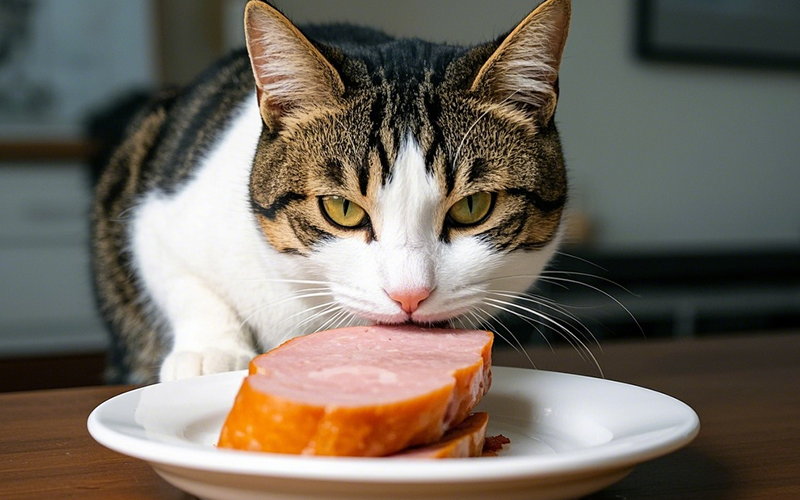
Can Cats Eat Deli Ham? A Meaty Treat That Comes with Caution
- 2 May 2025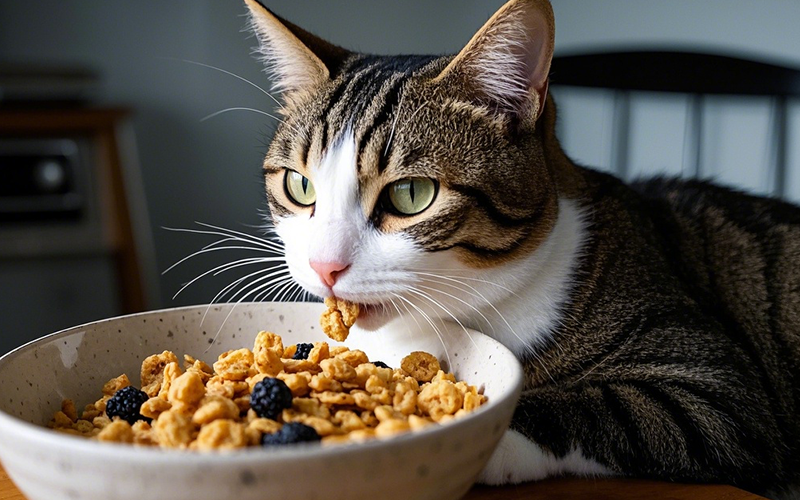
Can Cats Eat Granola? Is This Crunchy Snack Safe for Your Feline Friend?
- 2 Apr 2025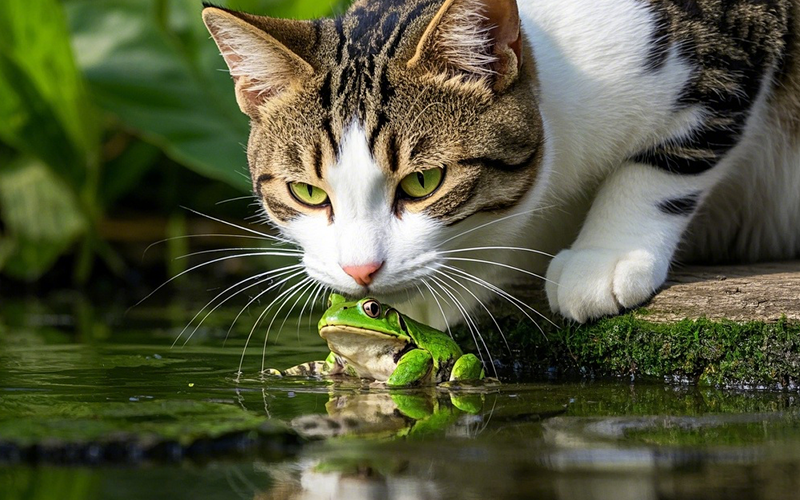
Can Cats Eat Frogs? What You Should Know About Frogs and Your Feline Friend
- 2 Apr 2025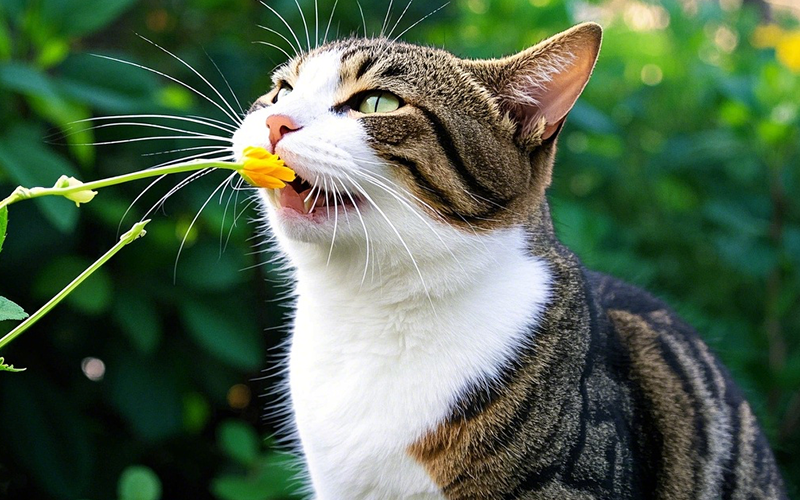
Can Cats Eat Flowers? What You Should Know About Floral Treats for Your Feline Friend
- 2 Apr 2025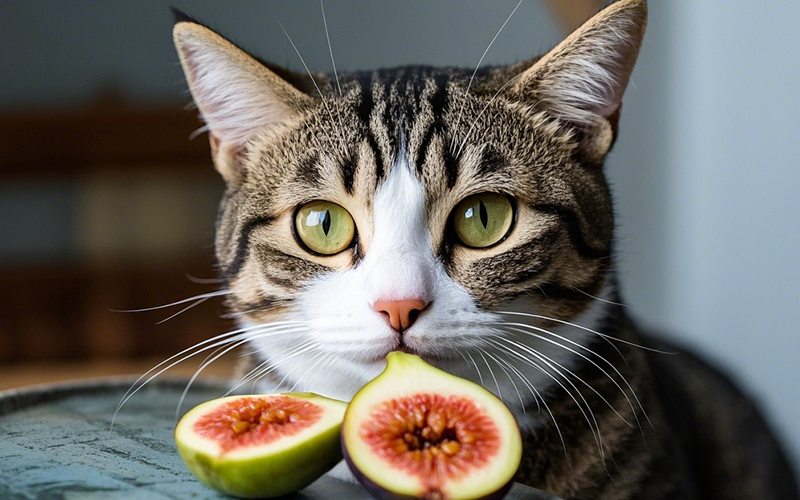
Can Cats Eat Figs? What You Need to Know Before Sharing This Fruit
- 2 Apr 2025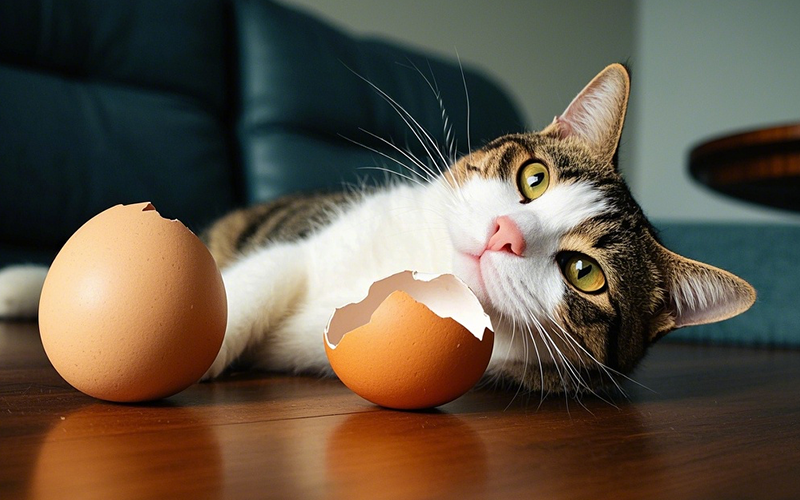
Can Cats Eat Egg Shells? The Benefits and Risks of This Crunchy Treat
- 2 Apr 2025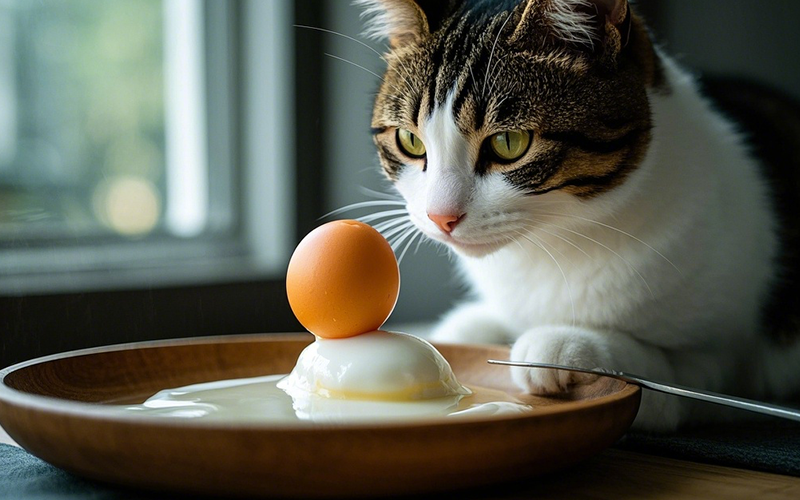
Can Cats Eat Egg Whites? The Facts You Need to Know
- 2 Apr 2025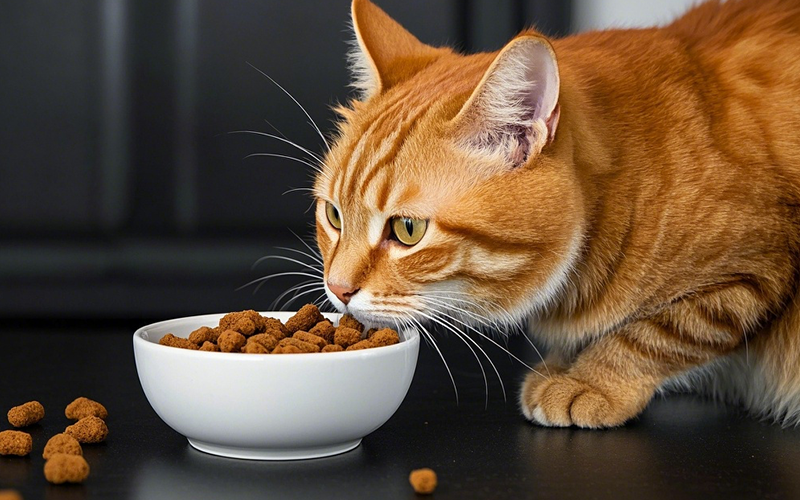
Can Cats Eat Dry Dog Food? Why It’s Not a Good Idea
- 2 Apr 2025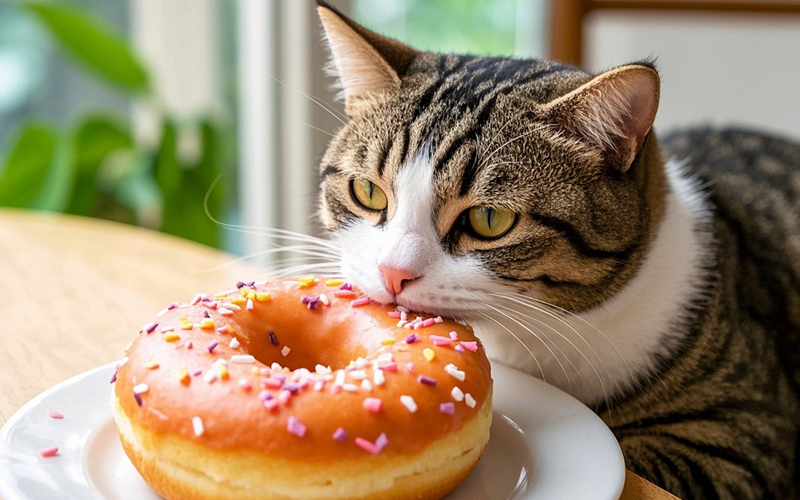
Can Cats Eat Donuts? A Sweet Treat Best Avoided
- 2 Apr 2025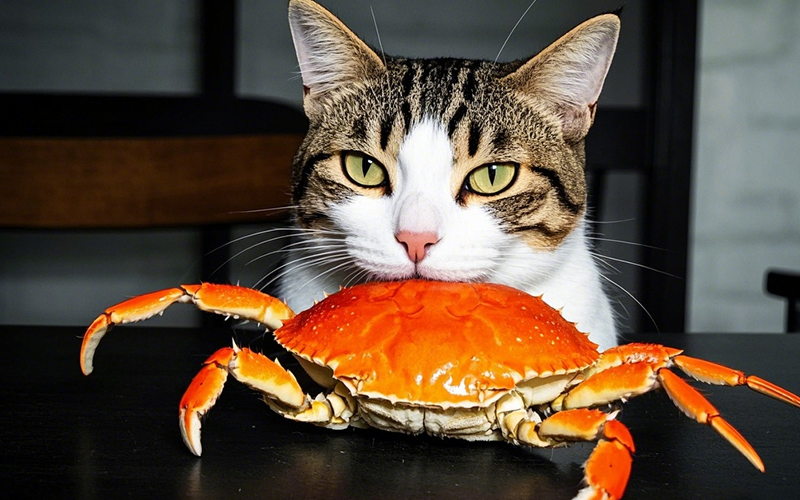
Can Cats Eat Crab Meat? A Tasty Treat with Some Caution
- 1 Apr 2025
